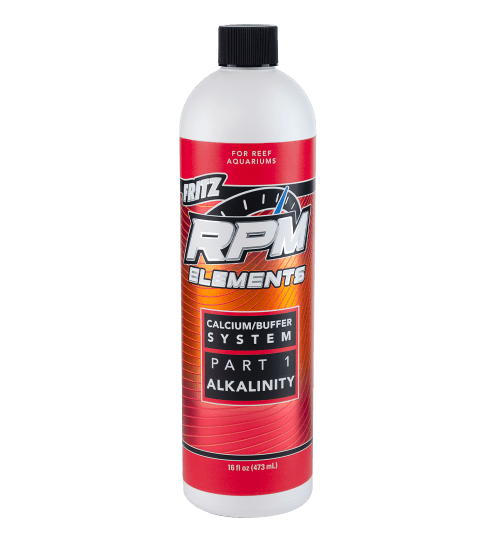

CODE FR80300
Original price
$21.95
-
Original price
$54.95
Original price
$21.95
$21.95
-
$54.95
Current price
$21.95
Availability:
2 in stock.
Availability:
2 in stock.
Availability:
2 in stock.
